Ma Honko
Blue Carbon for Coastal Resilience and Community Development in Madagascar





Our project combats deforestation by regenerating Madagascar’s mangroves for a sustainable future. Due to anthropogenic activities like timber and charcoal production, the country has been deforested at an alarming rate, with over 6,500 hectares of mangroves in Madagascar getting lost annually. The restoration efforts prioritize replicating the natural composition of the mangrove species in the adjacent mangrove forests to maintain species diversity. That enhances habitat complexity and supports a wide range of ecological functions, contributing to the overall health and resilience of coastal habitats. This mangrove restoration project in Madagascar is critical for ensuring long-term ecological balance and socio-economic benefits.
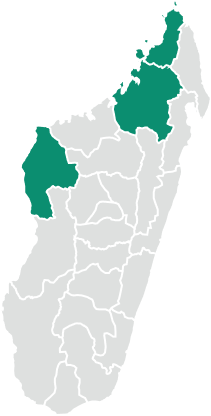
Sofia, Melaky, Boeny, and Diana, Madagascar
Project Location: Sofia, Melaky, Boeny, and Diana, Madagascar
Methodology: Afforestation & Reforestation of Degraded Mangrove Habitats
Standard: Gold Standard
![]() Current plantation: 7 million+
Current plantation: 7 million+
![]() Future Expansion: 40,000 HA
Future Expansion: 40,000 HA
![]() Jobs Created: 4,500+
Jobs Created: 4,500+
![]() Villages Impacted: 50+
Villages Impacted: 50+
Species
Blue Carbon for Collective Coastal Resilience for the Red Island
Sustainable mangrove restoration is ensured through strong community engagement and a multi-faceted planting approach. Baseline studies identify optimal restoration areas, followed by extensive consultations with community members, local leaders, and state services for collective action. Key aspects include community nursery management, planting campaigns to boost seedling production, ensuring sustainable livelihoods through apiculture, agriculture, fishing, and eco-tourism, and training in leadership, financial literacy, and resource management, particularly for women and youth.
Meeting Social Goals through Blue Carbon


Gender Inclusion at Scale
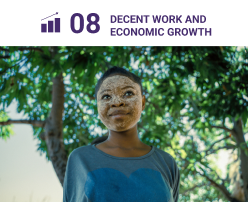
Alternative Livelihoods for Stewardship of the ‘Blue Economy’
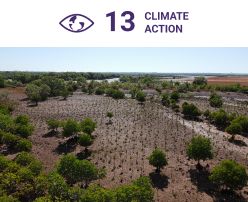
Blue Carbon Removals at Scale
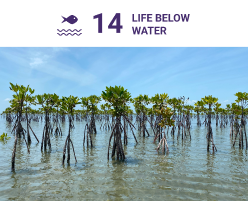
Marine Biodiversity Conservation
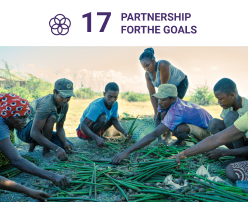
Collective Action for Marine Protection
An estimated half of the community members part of this program are women. They are involved in nursery management and the activities surrounding planting and monitoring. The program encourages increased participation by women in livelihood implementations like silk production, beekeeping/honey production, ecotourism, and other market-based activities. It also works with energy by providing access to solar-based electricity in the hamlets, directly affecting the ability of women to participate in income-generating activities.
The program facilitates marine-based community livelihood programs such as silk production, beekeeping, eco-tourism, and sustainable seafood, among many other livelihood interventions. This initiative is closely tied to enhancing coastal resilience in Madagascar, ensuring sustainable livelihoods and protected ecosystems in tandem.
Ma Honkô works with thousands of indigenous community members to deliver large-scale mangrove reforestation. That enables removing almost 20 million tCO2 from the atmosphere, making the project a true example of community-powered climate action at scale. This blue carbon initiative serves as a cornerstone of the sequestration efforts in Madagascar.
This initiative will facilitate biodiversity conservation by enabling the restoration of critical marine ecosystems to offer habitats to a range of endemic species. It also works with sustainable fishing and supply chains, which, in turn, will work with local communities to minimize risks to the fragile ocean ecosystems.
The program brings together the federal government, local government agencies, and grassroots local leaders at the village level to deliver a large-scale restoration solution. This is a first for Madagascar and promises to be a case study on community leadership. Ma Honkô works with elements of education, sanitation, access to energy, and alternative livelihoods at local levels beyond being a restoration program. These aspects are facilitated by partnerships across all levels of governance.
Gender Inclusion at Scale

An estimated half of the community members part of this program are women. They are involved in nursery management and the activities surrounding planting and monitoring. The program encourages increased participation by women in livelihood implementations like silk production, beekeeping/honey production, ecotourism, and other market-based activities. It also works with energy by providing access to solar-based electricity in the hamlets, directly affecting the ability of women to participate in income-generating activities.
Alternative Livelihoods for Stewardship of the ‘Blue Economy’

The program facilitates marine-based community livelihood programs such as silk production, beekeeping, eco-tourism, and sustainable seafood, among many other livelihood interventions. This initiative is closely tied to enhancing coastal resilience in Madagascar, ensuring sustainable livelihoods and protected ecosystems in tandem.
Marine Biodiversity Conservation

Ma Honkô works with thousands of indigenous community members to deliver large-scale mangrove reforestation. That enables removing almost 20 million tCO2 from the atmosphere, making the project a true example of community-powered climate action at scale. This blue carbon initiative serves as a cornerstone of the sequestration efforts in Madagascar.
Marine Biodiversity Conservation

This initiative will facilitate biodiversity conservation by enabling the restoration of critical marine ecosystems to offer habitats to a range of endemic species. It also works with sustainable fishing and supply chains, which, in turn, will work with local communities to minimize risks to the fragile ocean ecosystems.
Collective Action for Marine Protection

The program brings together the federal government, local government agencies, and grassroots local leaders at the village level to deliver a large-scale restoration solution. This is a first for Madagascar and promises to be a case study on community leadership. Ma Honkô works with elements of education, sanitation, access to energy, and alternative livelihoods at local levels beyond being a restoration program. These aspects are facilitated by partnerships across all levels of governance.
Gallery


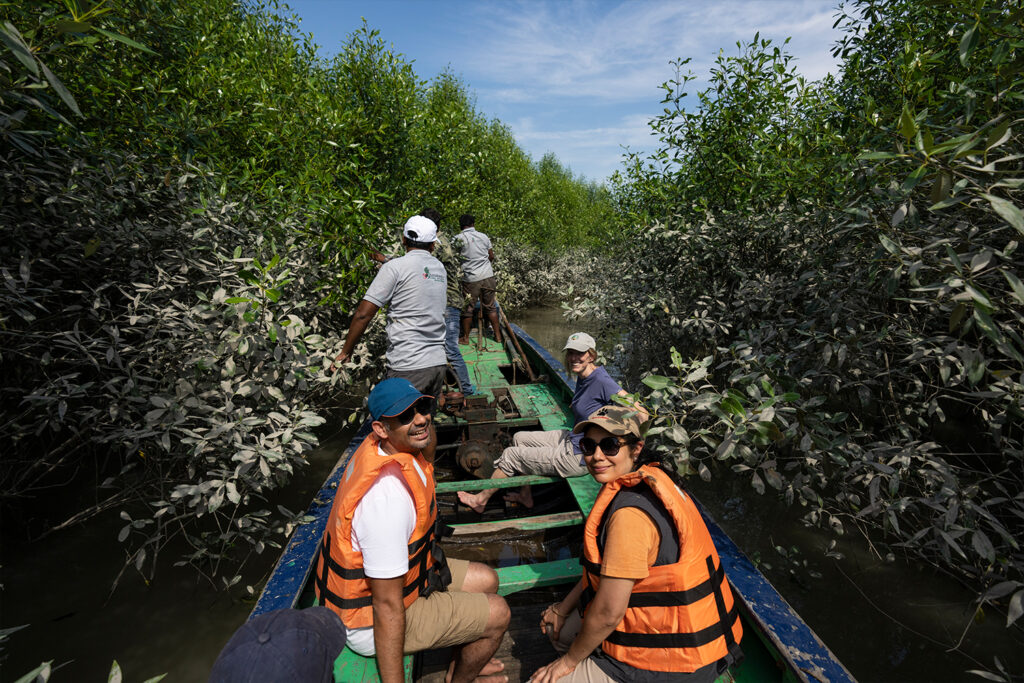



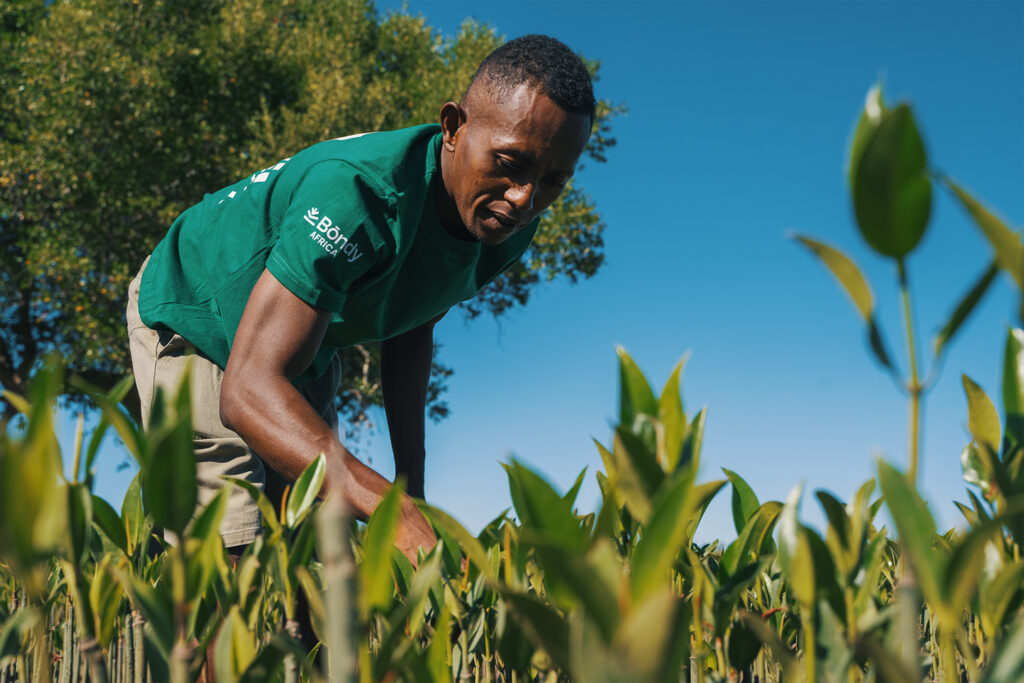
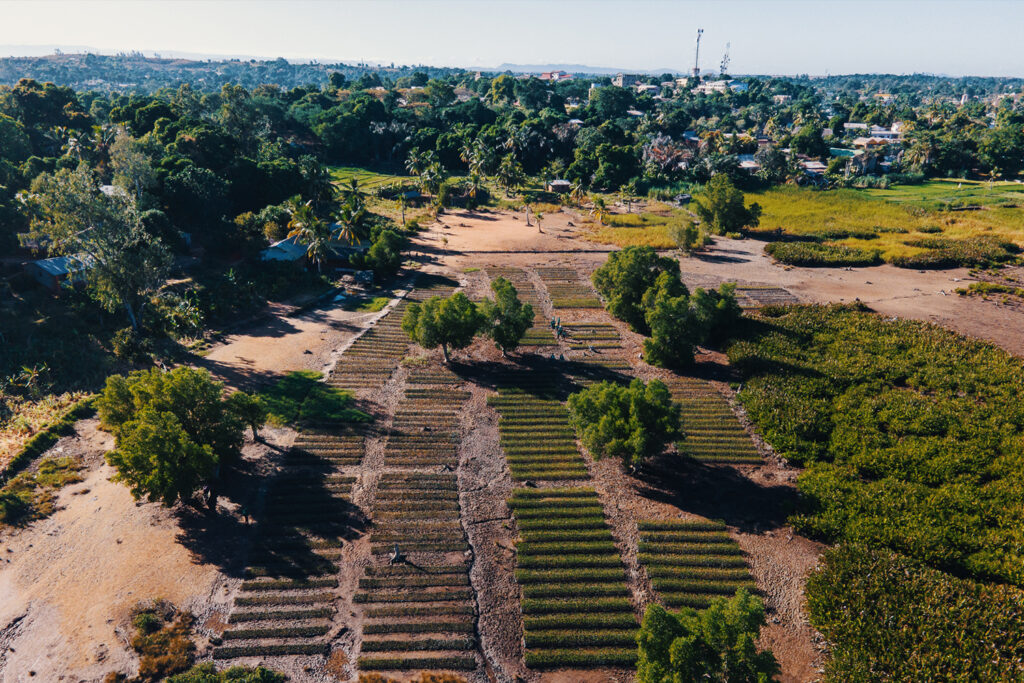
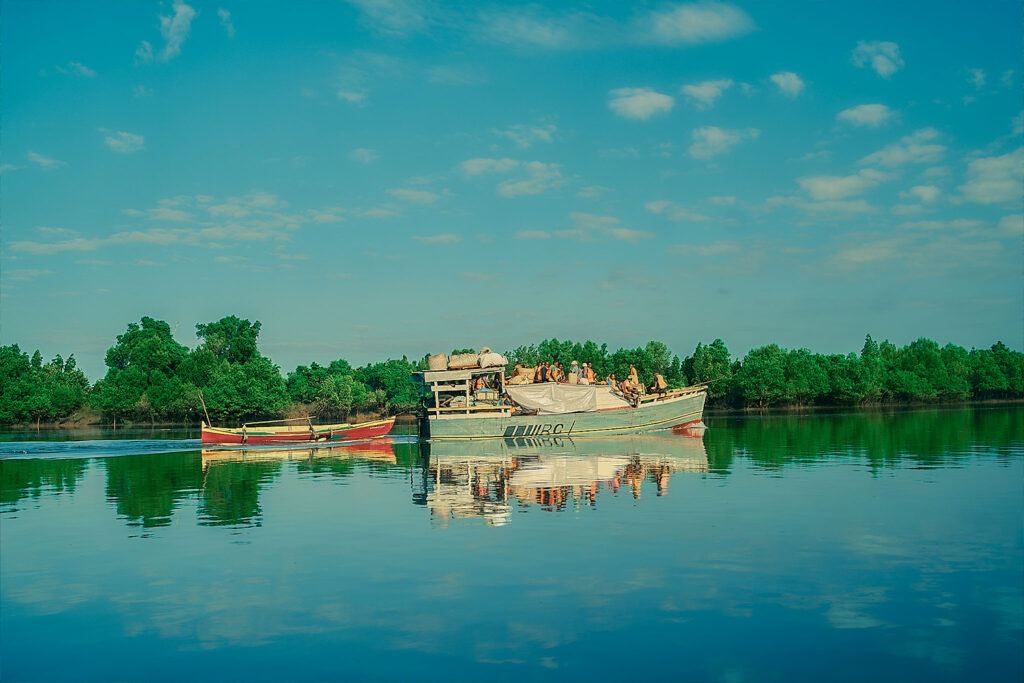
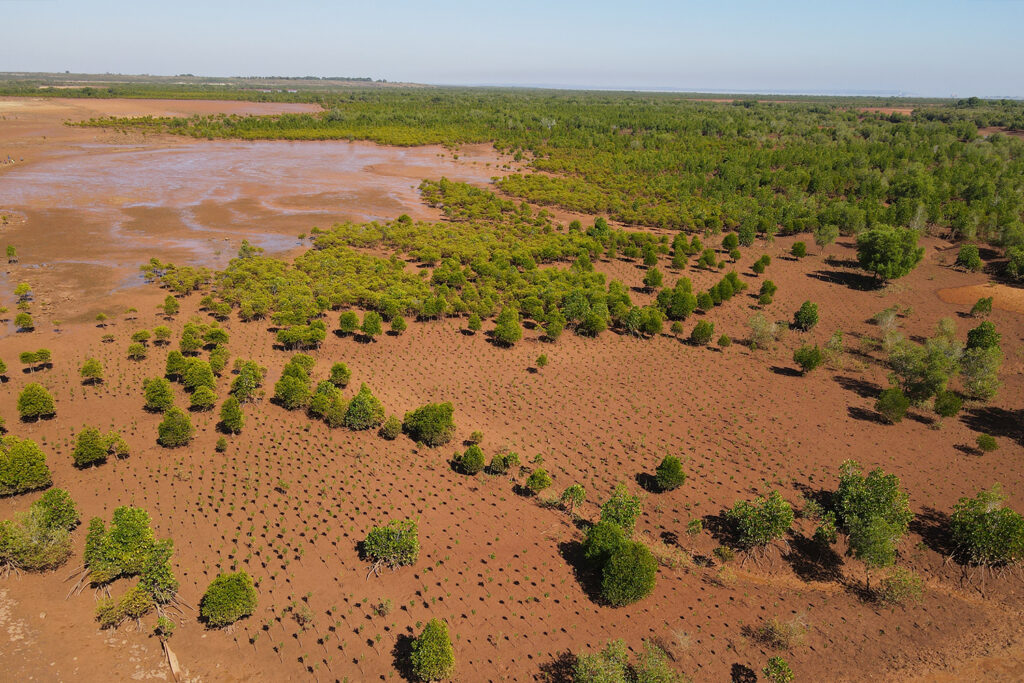
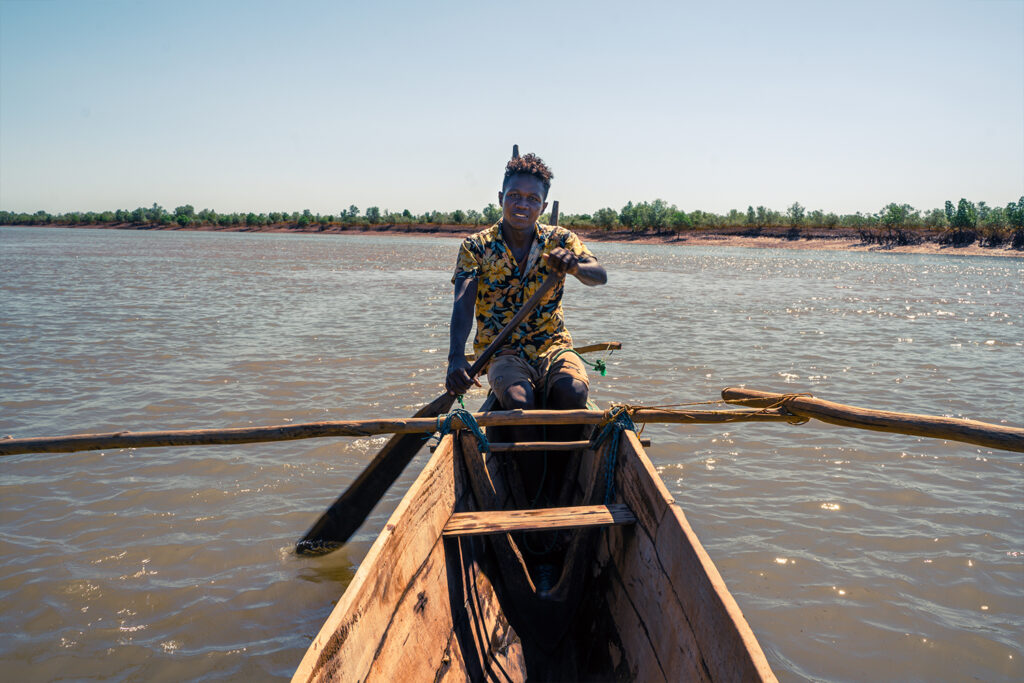
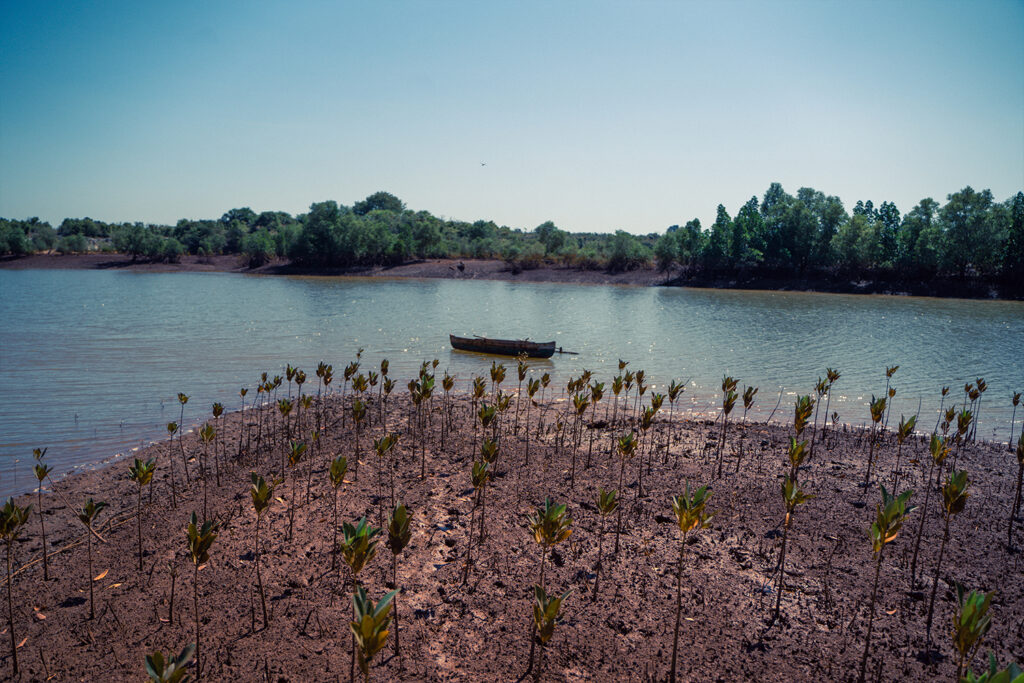
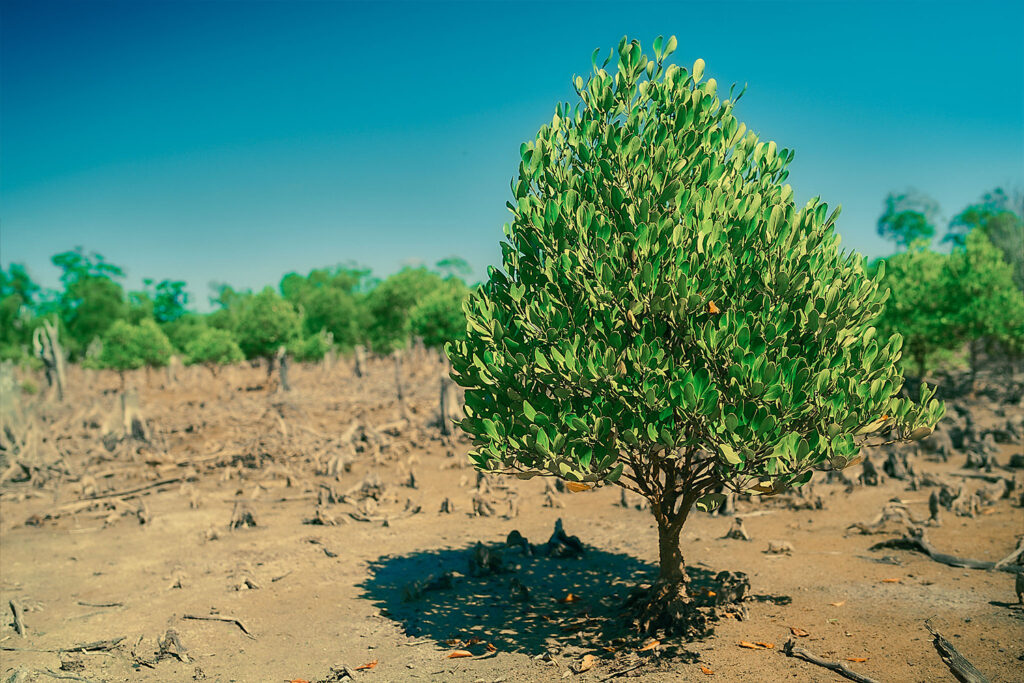
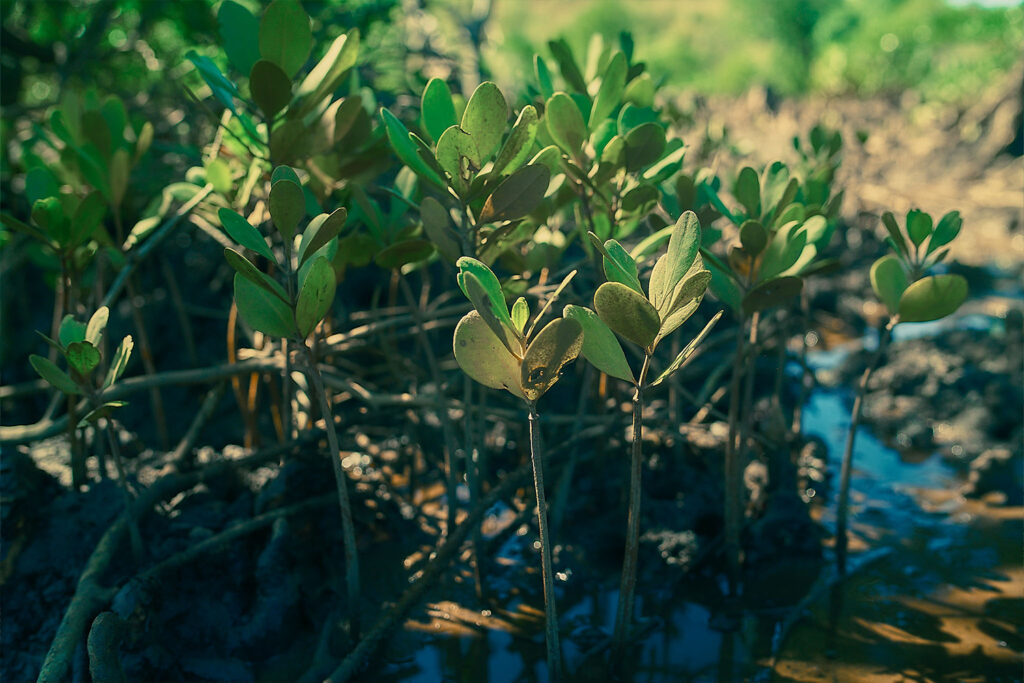
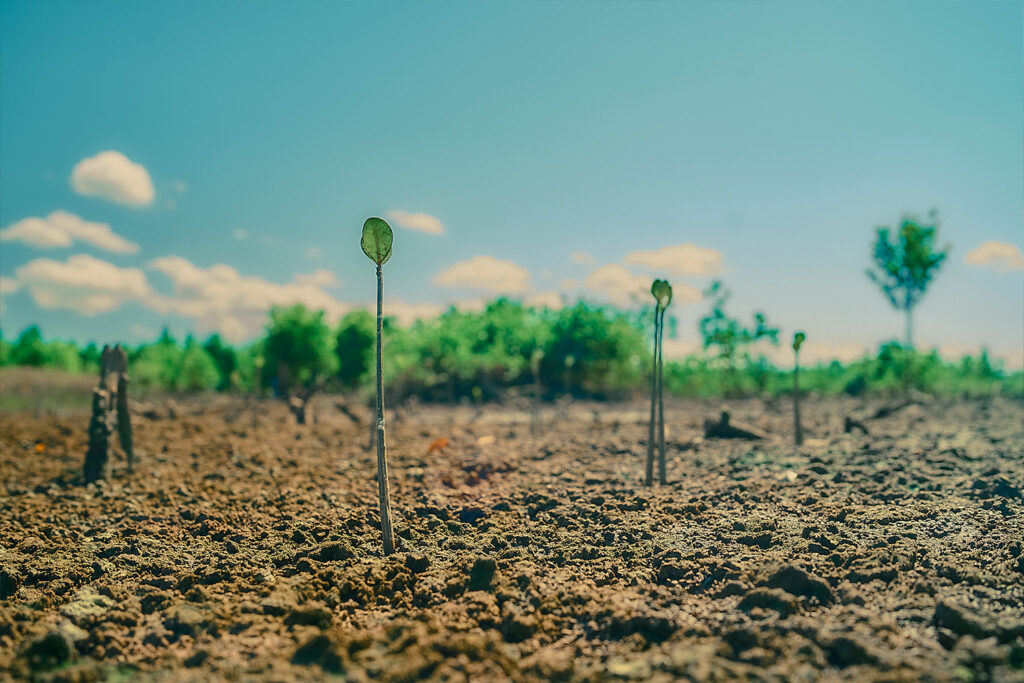
Be Part of
the Solution.
Be Part of the Solution.
Real Stories, Real Change
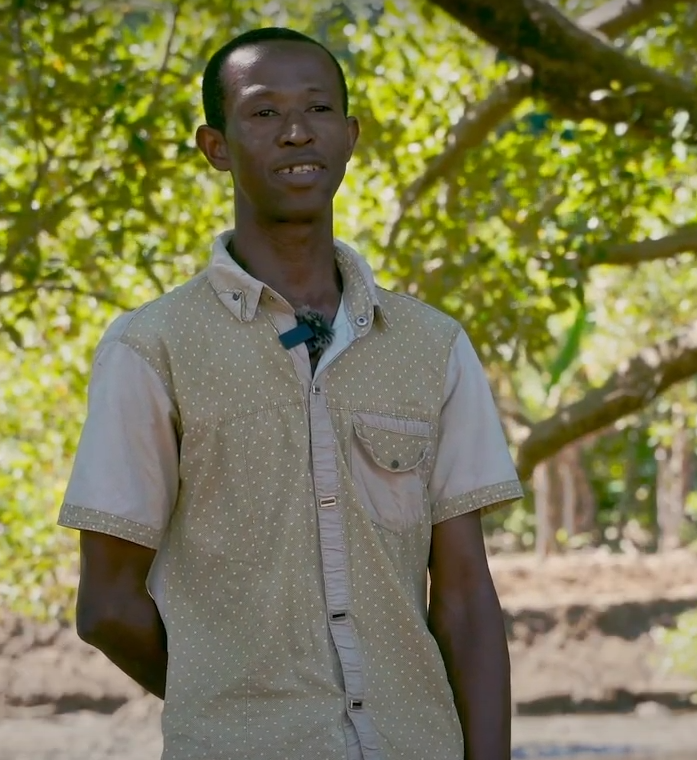
Laurent's Story

The mangroves have changed a lot. It’s really not like before. We replant them due to cutting and low survival rates, which is changing our shores. Marine fauna is also undergoing a change. It could not multiply earlier but that is starting to change little by little. Fishing has also benefitted because of it. We caught almost nothing before. Since the gradual return of the mangroves, changes have come little by little.
Laurent
Plantation Group Member
Madagascar, Africa


